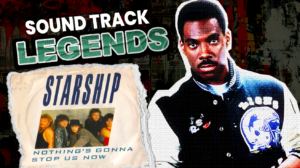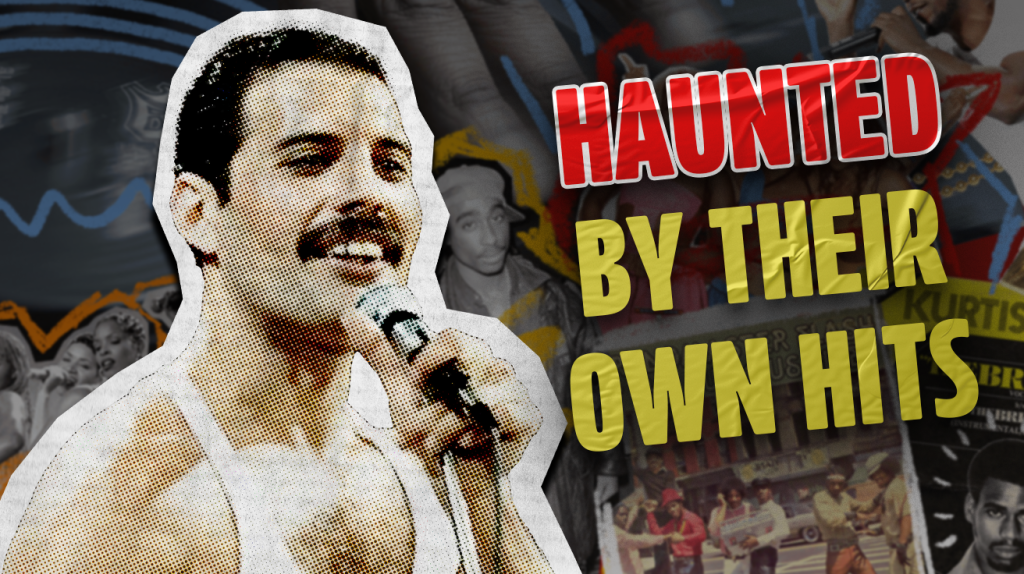
Some of rock’s most legendary tracks exist in a strange limbo—beloved by millions, yet absent from the stages where their creators once ruled. These songs didn’t fade because they were forgotten; they disappeared for reasons far more complex than simple setlist rotation.
10. The Beatles – “Tomorrow Never Knows” (1966)
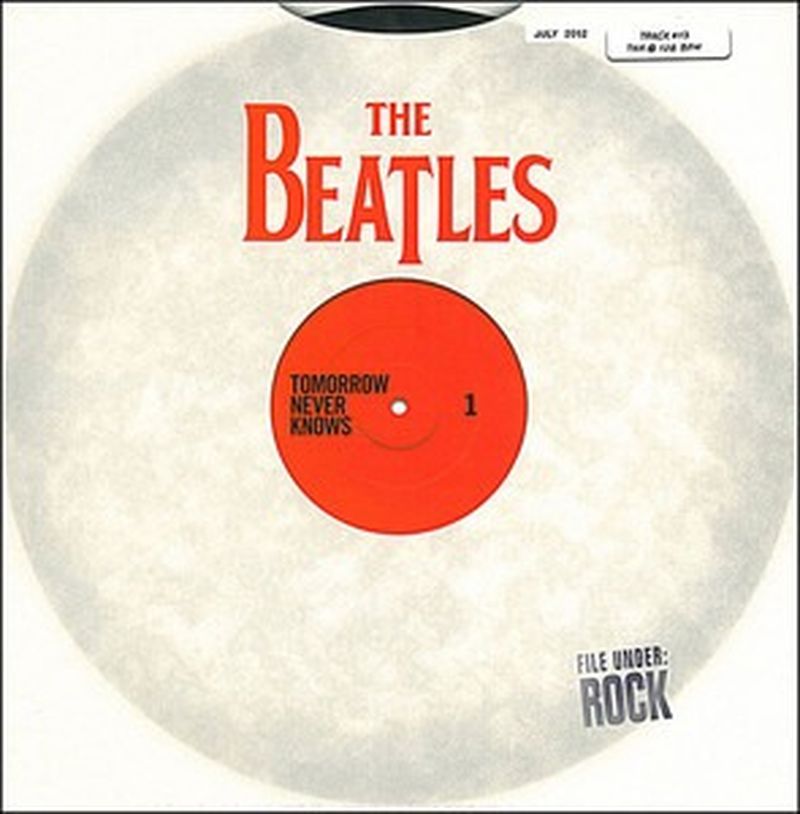
Producer George Martin called this track “unrepeatable,” and he wasn’t kidding. The song’s revolutionary use of tape loops and studio effects made it impossible to perform live with 1960s technology. Even before The Beatles stopped touring entirely, “Tomorrow Never Knows” never made it to a single setlist. The band had created something so technically advanced that it could only exist in the controlled environment of Abbey Road Studios.
Other artists have attempted live covers, with Dave Pomeroy and The Magical Orchestra among those brave enough to tackle the studio experiment in performance settings. But the original creators? They knew their limits.
9. The Rolling Stones – “Brown Sugar” (1971)
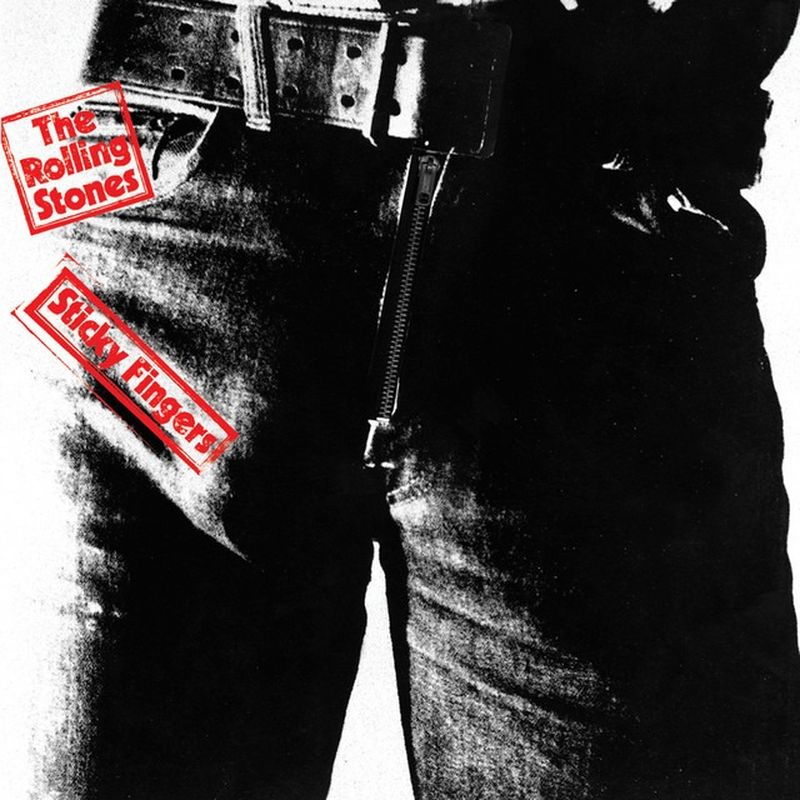
For fifty years, “Brown Sugar” was a guaranteed crowd-pleaser at Rolling Stones concerts. Then 2021 arrived, and cultural conversations caught up with lyrics that reference slavery and exploitation. The band quietly removed it from their setlists, with Mick Jagger later acknowledging the decision was about adapting to changed times.
The song isn’t officially “banned,” but its absence speaks volumes about how even rock legends must navigate evolving social awareness. Sometimes the most powerful statement is silence.
8. Led Zeppelin – “Stairway to Heaven” (1971)
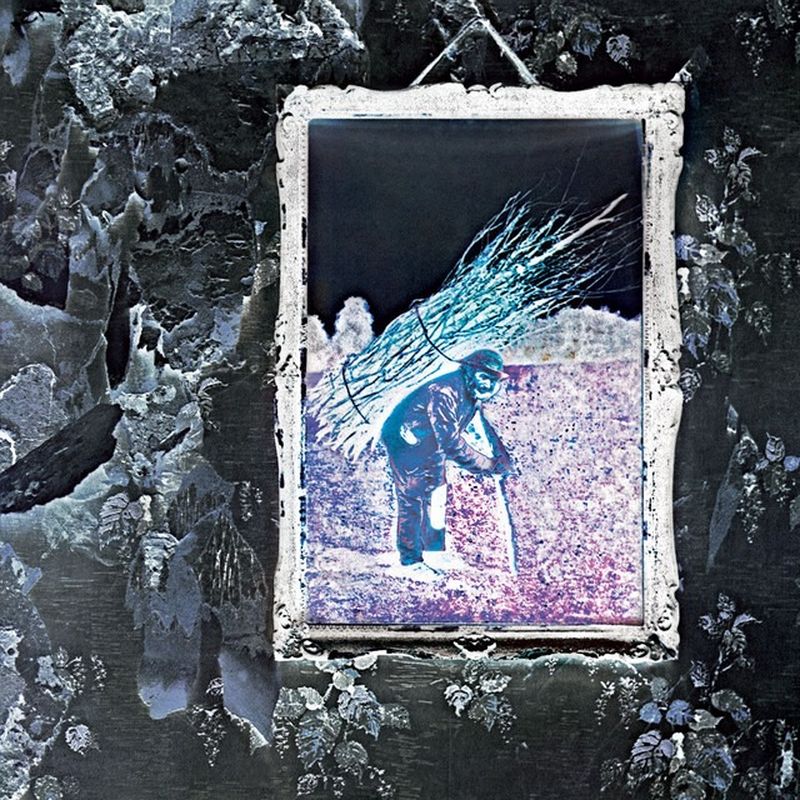
Ranked among the greatest rock songs ever written, “Stairway to Heaven” became a victim of its own success. After Led Zeppelin’s 2007 reunion performance, Robert Plant drew a line in the sand—no more “Stairway.” His frustration with the song’s overwhelming popularity and the expectations it created finally boiled over.
Plant’s refusal isn’t about the music itself; it’s about creative autonomy versus fan demands. He’d rather explore new territory than remain trapped by past glory, even if that glory happens to be one of rock’s most iconic eight minutes.
7. Pink Floyd – “Fearless” (1971)

Despite its devoted fanbase, “Fearless” never translated to Pink Floyd’s elaborate live productions. The song’s introspective, subtle nature clashed with the band’s preference for dramatic arena spectacles. While Roger Waters has performed it during solo appearances, the full Pink Floyd experience somehow never had room for this quieter moment.
The track remains a studio gem that showcases the band’s range beyond their bombastic reputation. Sometimes the most powerful songs are the ones that demand intimate listening rather than stadium-sized amplification.
6. David Bowie – “The Bewlay Brothers” (1971)
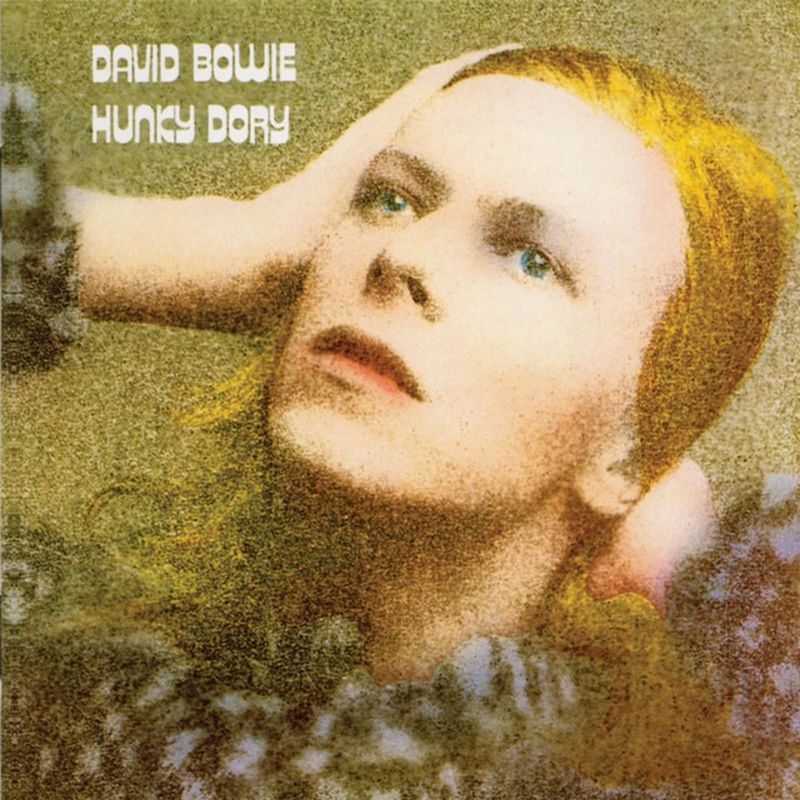
Bowie’s reluctance to perform “The Bewlay Brothers” live stemmed from its intensely personal nature, possibly referencing his half-brother’s struggles with mental illness. Aside from one rare 2002 BBC Radio performance, the song remained absent from tour setlists throughout Bowie’s career.
The emotional weight of the track seemed too heavy for the theatrical persona Bowie crafted for his live shows. Some songs are meant to be private conversations between artist and listener, not shared with thousands of strangers.
5. Eagles – “My Man” (1974)
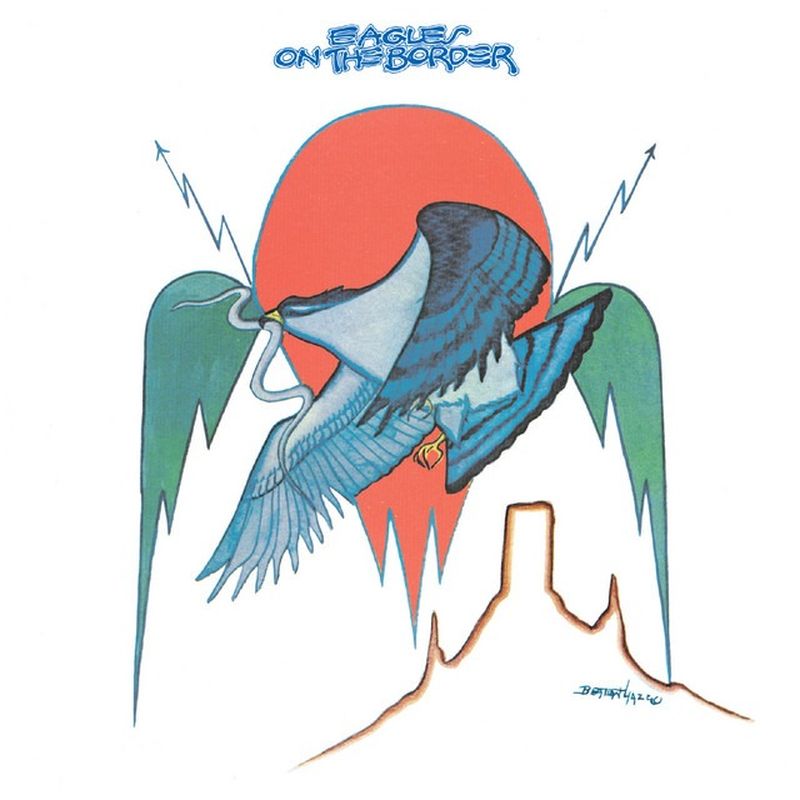
Bernie Leadon’s heartfelt tribute to Gram Parsons disappeared from Eagles setlists when Leadon departed the band in 1975. “My Man” was too deeply personal to survive without its creator, and the remaining members focused on material that better represented their collective identity.
The song’s absence highlights how band dynamics can determine which pieces of musical history survive in live performance. Sometimes a songwriter’s departure means certain songs become museum pieces rather than living performances.
4. Guns N’ Roses – “One in a Million” (1988)
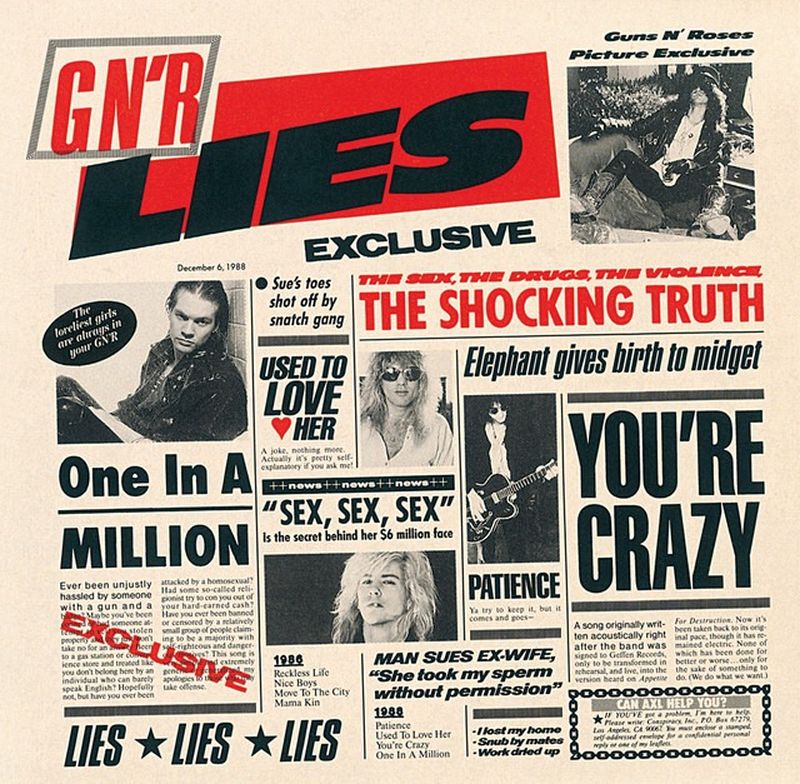
The infamous lyrics—packed with slurs and xenophobic references—ensured “One in a Million” would never see a live stage. The song has been effectively expunged from Guns N’ Roses’ catalog, omitted even from recent reissues due to its offensive content.
This represents the extreme end of songs becoming too problematic to perform. Unlike other controversial tracks that spark debate, this one crossed lines that left no room for artistic defense or cultural recontextualization.
3. Queen – “The Show Must Go On” (1991)
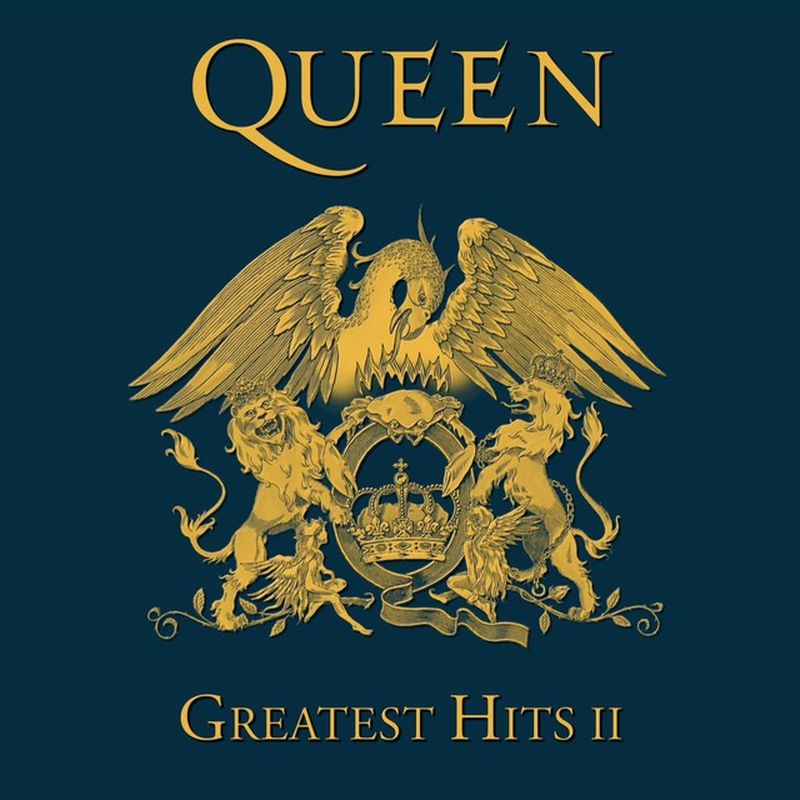
Freddie Mercury’s declining health prevented Queen from ever performing “The Show Must Go On” emotionally charged anthem while he was alive. After Mercury’s death, the song’s meaning became too poignant for the surviving members to handle regularly. The first notable live version came in 1997 with Elton John providing vocals during a tribute event.
The track’s rarity in live performance adds to its emotional impact. Some songs carry too much grief to become routine concert fare, remaining special precisely because they’re seldom heard.
2. AC/DC – “It’s A Long Way to the Top” (1975)
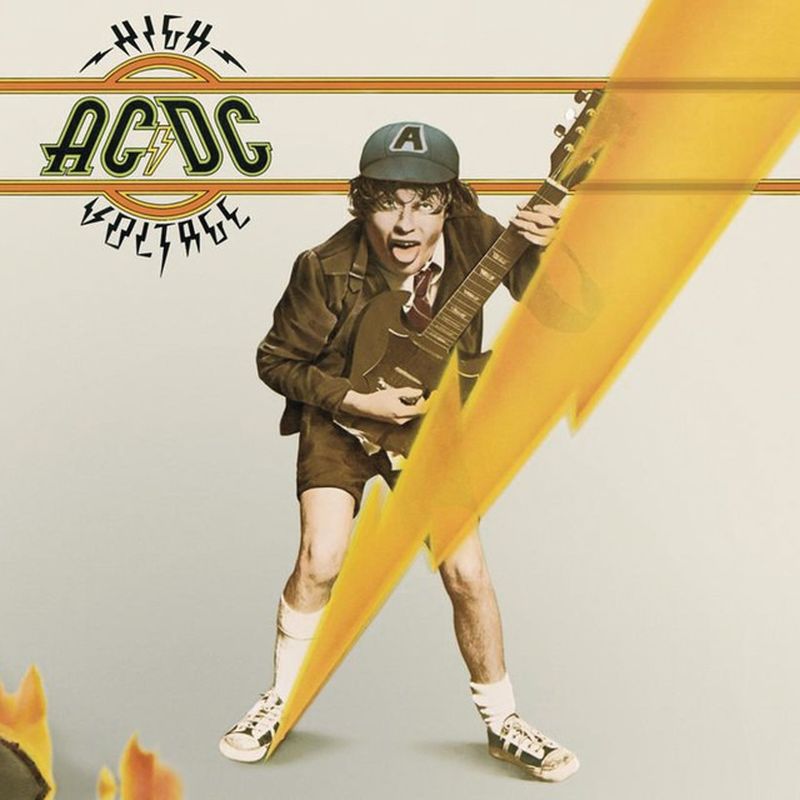
This early AC/DC signature was retired from live shows following Bon Scott’s death in 1980. Successor Brian Johnson has never performed “It’s A Long Way to the Top” live with the band, treating it as sacred ground belonging to Scott’s legacy. The decision speaks to the band’s respect for their fallen frontman.
The song’s absence demonstrates how some tracks become monuments rather than performances. Its retirement preserves Scott’s memory while acknowledging that certain voices can never be replaced, only honored through silence.
1. Radiohead – “Creep” (1992)
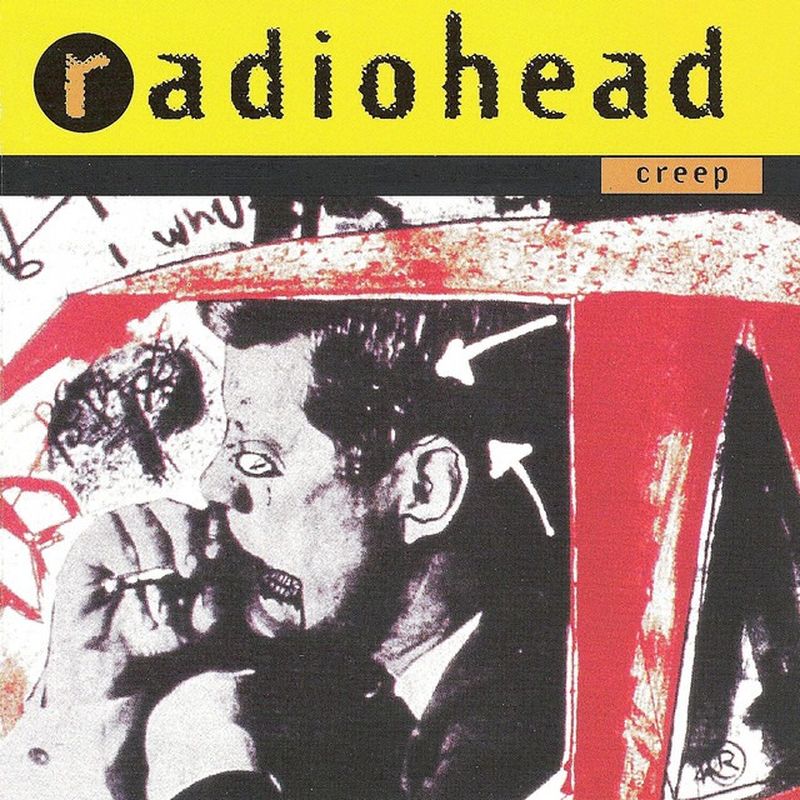
While not completely abandoned, “Creep” disappeared from Radiohead setlists for extended periods as the band grew to resent being defined by its popularity. The song represented a creative phase they’d outgrown, and performing it felt like artistic regression.
Radiohead eventually revived “Creep” for select shows, but its years of absence highlighted the tension between commercial success and artistic evolution. Sometimes a band’s biggest hit becomes their biggest creative burden.




